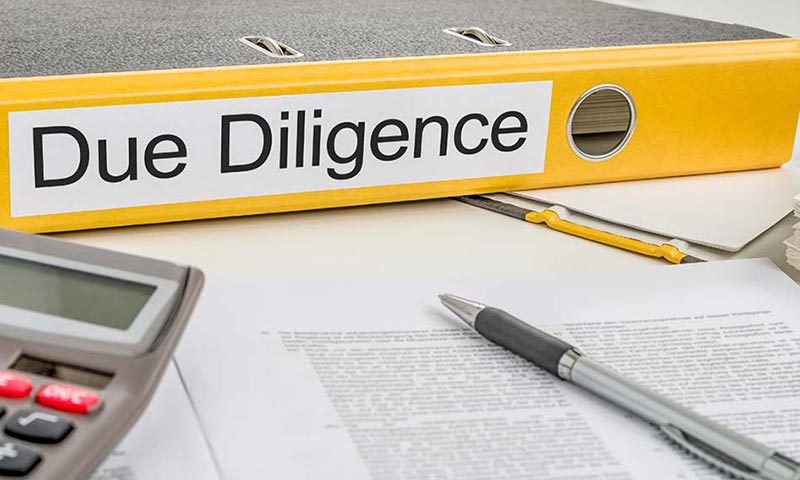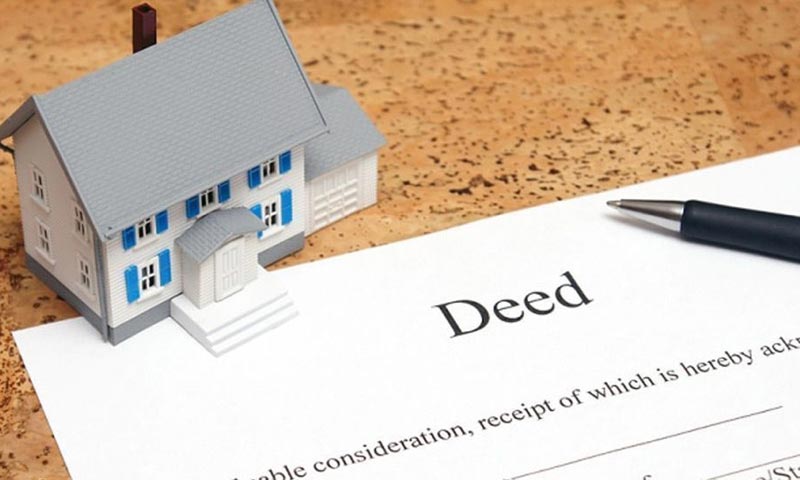c In Thailand, like in any jurisdiction, it’s crucial to approach contract review with diligence and understanding of local laws. This article offers a comprehensive guide to contract review in Thailand, covering its significance, key considerations, and the role of legal experts in ensuring sound business agreements.
I. The Significance of Contract Review
A. Legal Safeguard: A well-drafted and reviewed contract provides legal protection and clarity for all parties involved, minimizing potential disputes and conflicts.
B. Clear Expectations: Contracts outline the rights, duties, and obligations of each party, ensuring mutual understanding and preventing misunderstandings.
C. Compliance with Thai Law: Reviewing contracts in Thailand ensures that agreements adhere to local legal requirements and cultural norms.
II. Key Considerations for Contract Review in Thailand
A. Language and Translation: Contracts should be in both English and Thai to ensure clarity and avoid potential misinterpretations.
B. Specificity and Detail: Contracts should be specific, clearly defining terms, conditions, deliverables, timelines, and penalties for non-compliance.
C. Local Legal Expertise: Engaging a local legal expert with knowledge of Thai contract law is crucial to ensure compliance with local regulations.
D. Cultural Sensitivity: Contracts should be sensitive to Thai business customs and practices, reflecting the country’s cultural nuances.
III. Common Types of Business Contracts in Thailand
A. Employment Contracts: Detailing terms of employment, including salary, benefits, responsibilities, and termination clauses.
B. Commercial Contracts: Covering the purchase or sale of goods or services, including terms of payment, delivery, and warranties.
C. Lease Agreements: Outlining terms for renting or leasing properties or equipment.
D. Joint Venture Agreements: Establishing terms and conditions for collaboration between two or more businesses.
E. Franchise Agreements: Defining the terms of a franchise relationship, including licensing, royalties, and operational guidelines.
IV. The Role of Legal Experts in Contract Review
A. Legal Expertise: A qualified legal expert in Thailand is well-versed in local contract law and can provide crucial guidance on drafting and reviewing contracts.
B. Risk Assessment: Legal experts can identify potential legal risks and liabilities associated with the terms and conditions of a contract.
C. Negotiation Assistance: They can assist in negotiations, ensuring that the contract protects the interests of their client.
D. Enforceability and Compliance: Legal experts can verify that contracts comply with Thai law and are enforceable in case of a dispute.
V. Post-Contract Considerations
A. Record Keeping: Maintaining accurate records of contracts, amendments, and communications related to the agreement.
B. Renewal and Termination: Managing contract renewals, extensions, or terminations in compliance with the agreed-upon terms.
C. Dispute Resolution: In the event of a dispute, legal experts can provide valuable assistance in resolving conflicts through negotiation, mediation, or legal proceedings.
Conclusion
Contract review in Thailand is a crucial aspect of conducting business, ensuring that agreements are legally sound and aligned with local regulations. By prioritizing language accuracy, cultural sensitivity, and legal compliance, businesses can establish solid foundations for their operations. Engaging a qualified legal expert with expertise in Thai contract law is invaluable for navigating the complexities of contract review effectively. With the right approach, businesses can foster strong, mutually beneficial relationships built on trust and legally binding agreements.




